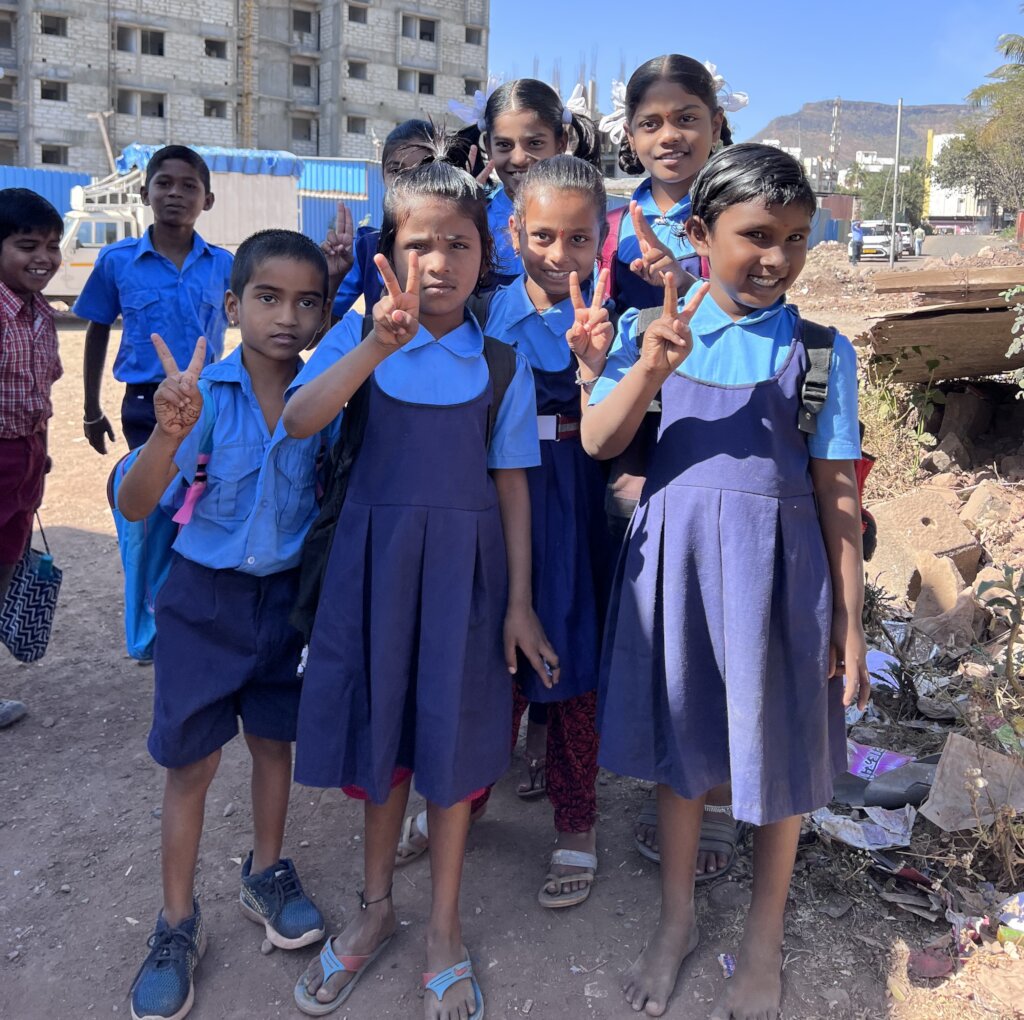By Claudia Kruger | Fundraiser
The Criminal Tribes Act (CTA) of 1871 left a lasting scar on Indian society, marking certain communities as "criminal tribes." This colonial-era legislation entrenched a harmful stereotype, branding entire groups as inherently criminal. Even after the act's repeal, the stigma endured, driving these communities to the fringes of society and denying them equitable opportunities.
Today, an estimated 107 million people belong to these denotified and nomadic tribes (DNTs/NTs), with approximately 6 million residing in Maharashtra alone (Reference: A report on Denotified and Nomadic Tribes in Maharashtra, 2008). Struggling with systemic marginalization, many members of these communities labor in precarious jobs like road construction and agriculture. However, their exclusion extends beyond employment; they often lack fundamental citizenship documents such as birth certificates, ration cards, caste certificates, and voter ID cards—further alienating them from essential rights and services.
For women within these tribes, the challenges multiply. They face intersecting layers of discrimination based on caste, class, and gender, making them some of the most vulnerable members of society. Education remains an elusive goal, particularly for girls. Schooling is rarely prioritized, with children frequently pushed into child labor or forced to beg to support their families. Cultural norms within tribal communities often devalue girls' education, compounding the issue. In times of financial strain, boys are more likely to attend school, while girls are kept at home, married off at an early age, or coerced into work.
To tackle these challenges, the project focuses on building trust with parents and demonstrating the long-term value of education. Through regular community meetings and home visits, Nirman, our local project partner, raises awareness about the transformative power of education while addressing the harmful impacts of child labor, school dropouts, and early marriages.
Recognizing the financial barriers that often deter families from prioritizing schooling, the project connects them to government entitlements, financial aid programs, and livelihood opportunities.
Local leaders and community elders play a vital role in this effort. By leveraging their influence, they advocate for the importance of education, helping to shift long-standing community attitudes. For older children, the project underscores the benefits of education as a gateway to skill-building and vocational training, offering them the prospect of stable and meaningful employment.
By addressing the financial, social, and cultural factors that contribute to educational neglect, Nirman seeks to cultivate a community-wide commitment to education. The goal is to empower tribal children and their families, ensuring education becomes a sustainable pathway to a brighter future.
With your support, we can empower these children to become inspiring agents of change and hope for the future!
Project reports on GlobalGiving are posted directly to globalgiving.org by Project Leaders as they are completed, generally every 3-4 months. To protect the integrity of these documents, GlobalGiving does not alter them; therefore you may find some language or formatting issues.
If you donate to this project or have donated to this project, you can receive an email when this project posts a report. You can also subscribe for reports without donating.
Support this important cause by creating a personalized fundraising page.
Start a Fundraiser